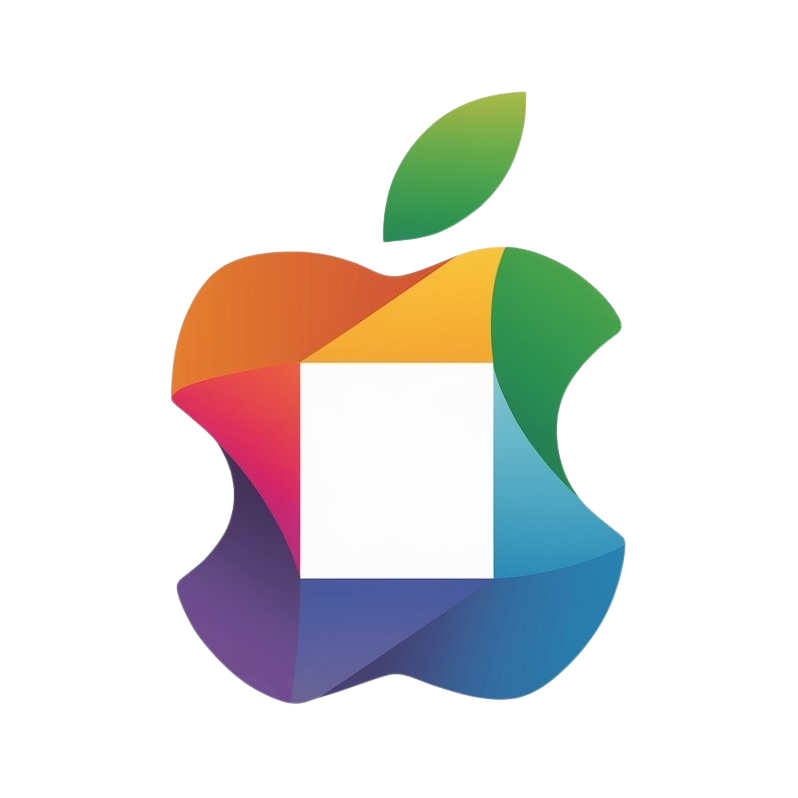Boost Mobile is one of the oldest and best-known prepaid networks in the US, though it has a mixed reputation depending on who you ask and what company owned it at the time. These days Boost is owned by Dish Network, and while it might not be as hot as it once was, its coverage is pretty robust thanks to a combination of AT&T, T-Mobile, and Dish towers. After initially attempting to create a whole new postpaid sub-brand called Boost Infinite, the carrier recently announced it is merging its prepaid and postpaid efforts under one roof. This is a very different direction from what we’re seeing with AT&T, T-Mobile, or Verizon, but I think makes a lot of sense.
Boost Mobile offers three main plans, all with unlimited data. These plans start at $25 a month and go up to as high as $60 a line. Unlike most carriers, you can pick between postpaid or prepaid. Prepaid doesn’t require a credit check, whereas postpaid does. The plans remain the same, though there is also a special Infinite Access plan exclusive for postpaid customers that gives users a free Samsung or Apple device. The customer service, website you use, apps, and experience are basically universal depending on how you choose to pay. That’s in contrast to other carriers, which often use different customer service agents, special prepaid apps, and other measures to help set their services apart and make it clear prepaid is a secondary priority over their postpaid customers.
The simplicity of a combined prepaid/postpaid lineup is refreshing, and something I’d love to see from the Big Three.
Boost likely made the changes because its Infinite brand was confusing, as Boost Mobile had better recognition. Regardless of the reason, it’s a refreshing change considering most carriers have increasingly made their plans more confusing, not less. For example, Verizon initially simplified its offerings when it switched to the MyPlan tiers but has since added more options, making it harder for the average Joe or Jane to figure out what plan they really need. T-Mobile used to have some of the simplest plan structures, but that’s not the case anymore. And then there are the sub-brands.
If you want Verizon service directly from Big Red, choices include Verizon postpaid, Verizon prepaid, Visible, and Total. All these companies are owned by Verizon and offer somewhat similar plans, just with slightly different focuses and niches. Total even recently removed the “by Verizon” from its name, making it clear carriers don’t necessarily want to be associated with prepaid brands. T-Mobile is a little more straightforward with Metro by T-Mobile, but it also has ownership over its in-house Connect by T-Mobile brand, Mint, and a few others. Even AT&T has Cricket.
What do you think of Boost merging its prepaid and postpaid efforts?
205 votes
I’m not saying Boost Mobile’s services or structure are perfect. I am saying I like the idea of bringing prepaid and postpaid experiences closer together. Prepaid has evolved a lot over the years and is no longer looked at as just an option for teenagers and those who have sub-par credit. I’d love to see the big three carriers follow suit. You’d no longer have to sift through multiple plans across two different tiers; you’d pick the best plan for your needs, regardless of how you intended to pay for it. Even if the carrier merged its prepaid and postpaid efforts, it could still continue to offer sub-brands, but at least it would bring more clarity to the plans sold directly under Verizon, AT&T, and T-Mobile’s respective names.
Of course, this isn’t likely to happen. Still, I have to applaud Boost for trying something different. Will it work? Only time will tell.

